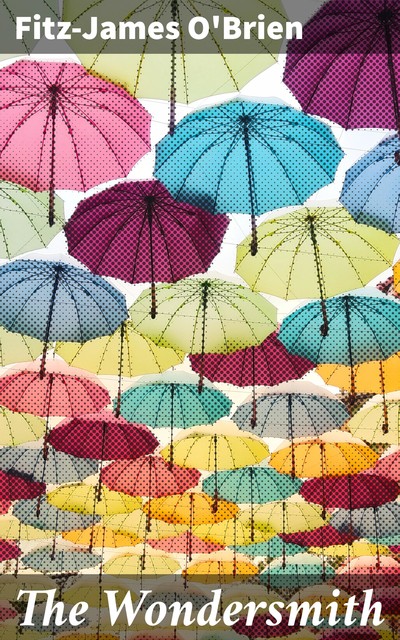Мы используем файлы куки, чтобы Bookmate и наши рекомендации работали лучше.
Подробнее на странице Политика Cookies
Подробнее на странице Политика Cookies
Принять все Cookies
Выбрать cookies
In “The Wondersmith,” Fitz-James O'Brien crafts a captivating narrative that blends fantastical elements with a rich tapestry of Victorian thought. Centered around a brilliant, albeit morally ambiguous, inventor, the tale unfolds in a world where imagination and reality intertwine seamlessly. O'Brien employs a distinctive style characterized by lyrical prose and vivid imagery, inviting readers to explore themes of creativity, obsession, and the ethical implications of one'Äôs inventions. This novella occupies a significant place within the context of 19th-century speculative fiction, reflecting the era's fascination with science, magic, and the thin veneer that separates the two. Fitz-James O'Brien, an Irish American author and poet, was renowned for his pioneering contributions to the genre of science fiction and fantasy during a time of immense change and innovation. Influenced by his own experiences in the vibrant cultural milieu of mid-19th-century New York, O'Brien's writing often grappled with the juxtaposition of darkness and curiosity. His complex characterizations and innovative narratives reveal his profound understanding of the human psyche, perhaps fueled by his engagement with the radical ideas of his day. “The Wondersmith” is a must-read for enthusiasts of speculative fiction and those interested in the dilemmas faced by creators in their pursuit of greatness. O'Brien's masterful storytelling and philosophical undertones offer a profound exploration of the nature of wonder and the consequences of creation. Dive into this mesmerizing tale, and discover the allure and danger that lie within the creative spirit.
больше
51 бумажная страница
- Правообладатель
- Bookwire
- Дата публикации оригинала
- 2021
- Год выхода издания
- 2021
- Издательство
- Good Press
Другие версии книги
Уже прочитали? Что скажете?
👍👎
fb2epub
Перетащите файлы сюда,
не более 5 за один раз


